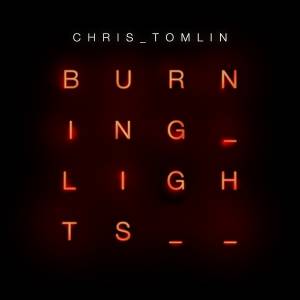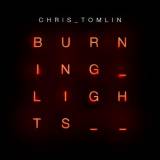Lay Me Down Devotional
The joy that comes with daily sacrifice only makes sense in light of the cross.
It will be my joy to say, “Your will, your way.”
The world sees the Christian life of sacrifice and says, “Stop giving up all of your rights and privileges. You must be miserable!” But Christians have experienced the paradoxical joy in giving up your life to someone else, in dying to self and living for Christ. As Paul said in Philippians 1:21, “For me to live is Christ, and to die is gain.”
Of course it’s not easy at first, the dying-to-self thing. Paul also said, “For we know that the law is spiritual, but I am of the flesh, sold under sin. For I do not understand my own actions. For I do not do what I want, but I do the very thing I hate” (Rom. 7:14-15). We are sinful beings who even when we know the freedom of Christ still long to satisfy the desires of our flesh. This is why we must daily lay down our lives.
Letting go of my pride, giving up all my rights. Take this life and let it shine.
How do we do this, practically speaking? By inviting Jesus into our day-to-day. There is a moment in each Christian’s life when we make a decision to believe Jesus was the son of God. That is huge. That is our salvation. But in order to know God, we must make a conscious effort to choose Christ every day like we did in that one salvation moment.
As we accept this discipline, we see that the sacrifice gets a bit easier with time, and the joy of the sacrifice begins to outweigh the shame of sin. We choose to submit to the leadership placed in our lives, rather than fight it. We choose to call our sibling or parent back even though they’re difficult to talk to. We choose to end the relationship that is pleasing to the flesh but devastating to the spirit.
Eventually the thought of not owning ourselves, but actually belonging to someone else will be the only thing that makes sense. Left to our own devices, we have made some poor decisions that placed us in bondage to something or someone. But left to Christ’s guidance, we feel the freedom of our lives and are joyful that life is no longer up to us. We are relieved to no longer be living for ourselves and instead to be a part of a much larger story.
Based on the song Lay Me Down by Chris Tomlin. Original post available on YouVersion based on the album Burning Lights.
Last Updated: September 14, 2022
More Lists
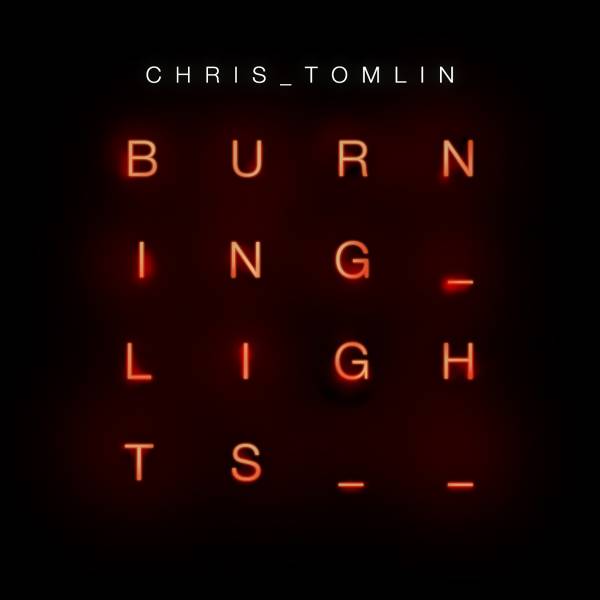 Crown Him (Majesty) Devotional
Crown Him (Majesty) DevotionalIf you've spent any time in church, you have probably sung the hymn “Crown Him”… Crown Him with many crowns, The Lamb upon His throne.Hark! How the heavenly anthem drowns all music but its own. This hymn has two authors: one Anglican and one Catholic. It was written during the nineteenth century, a time when Anglicans and Catholics did very little songwriting together and very little together in general. The original six verses were written by Matthew Bridges, a Catholic, who based the song on Revelation 19:12: “His eyes are like blazing fire, and on his head are many crowns. He has a name written on him that no one knows but he himself.” Godfrey Thring, an Anglican clergyman, wrote six new verses for fear that a Catholic hymn was becoming too popular among the Anglican church and teaching its congregants bad theology. Today we sing a mix of all twelve verses, depending on what hymnal you're looking at. What was done as a means of dividing the church, actually united it, creating a hymn for both Protestants and Catholics. In this way, we are practicing what we sing: Hark! How the heavenly anthem drowns all music but its own. Ultimately, it is heaven who has the authority over Catholics and Protestants, and over all divided sects of the church. When God's throne is at the center of our worship, the discrepancies and arguments pale. Crown Him the Lord of life, who triumphed o'er the grave,and rose victorious in the strife for those He came to save. Jesus came to save. As Luke 19:10 says, “For the Son of Man came to seek and to save the lost.” And Romans is very clear about who the lost are: “…for all have sinned and fall short of the glory of God” (Rom. 3:23). All of us are lost. We are united with our fellow church-goers, and non-goers, in our sin. That gives us freedom to love each other. When our gaze is fixed on the throne and we are preoccupied with crowing him with many crowns, we find that we are capable of loving those around us—all of the other lost people sitting on our pew, or not at church at all. We are united in our gaze and His glories now we sing, who died and rose on high. Who died eternal life to bring, and lives that death may die. Based on the song Crown Him (Majesty) by Chris Tomlin. Original post available on YouVersion based on the album Burning Lights.
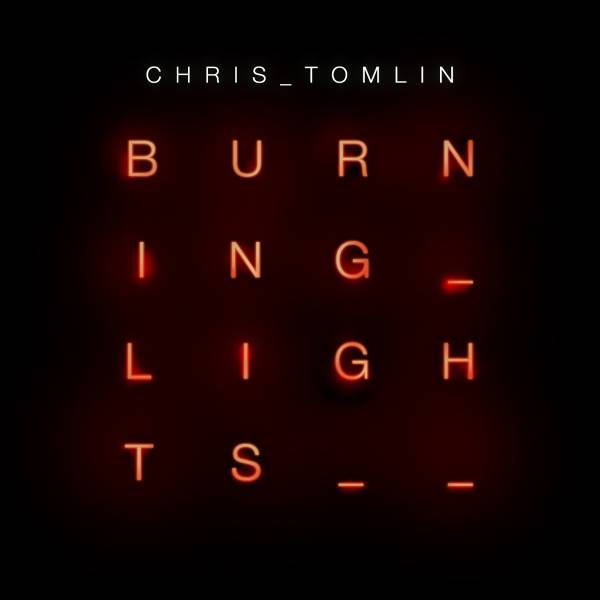 Whom Shall I Fear Devotional
Whom Shall I Fear DevotionalI know Who goes before me. I know Who stands behind.The God of Angel Armies is always by my sideIn Exodus, Moses told the Israelites, “Fear not, stand firm, and see the salvation of the Lord, which he will work for you today. For the Egyptians whom you see today, you shall never see again.” (Ex.14:13)In Psalms, David says, “The Lord is my light and my salvation; whom shall I fear? The Lord is the stronghold of my life; of whom shall I be afraid?” (Ps. 27:1).In Luke, the angel says to Mary, “'Do not be afraid, Mary, for you have found favor with God.'” (Luke 1:30).In Hebrews, Paul says, “So we can confidently say, 'The Lord is my helper; I will not fear; what can man do to me?'” (Heb. 13:6).Notice a theme? Throughout scripture, we are told to not be afraid and to replace fear with the assurance of God as our helper. Moses, David, angels, Paul—those who we see as walking closely with the Lord in scripture often pleaded that we not fear. What did they understand about God that allowed them this strength? Three things: 1.) Our strength is founded in Him. 2.) We are saved by Him. 3.) Victory is His.My strength is in Your name for You alone can save. Yours is the victory.When we know that our strength is in God, we no longer rely on ourselves. We don't rely on ourselves for anything--not the work presentation we've been losing sleep over, not the big move we're about to make, not even the illness we've been diagnosed with. We apart from God do not have the strength to overcome obstacles. But if we believe God's strength is endless, we do not fear our own weakness.When we know that we are saved, we don't have to strive to be good enough. We often fear we are making too many mistakes and our sin is too big. But if we believe we are saved and that our salvation is always there, we do not fear our own inadequacy.When we know victory is His, we do not have to fear evil. In those times when we fear being at the mercy of evil in the form of an abuser or a terrible circumstance or a corrupt leader, we can take comfort in the fact God has already won and this temporary evil is just that: temporary.God knows our tendency to fear. That is why his Word is full of reasons not to. Based on the song Whom Shall I Fear by Chris Tomlin. Original post available on YouVersion based on the album Burning Lights.
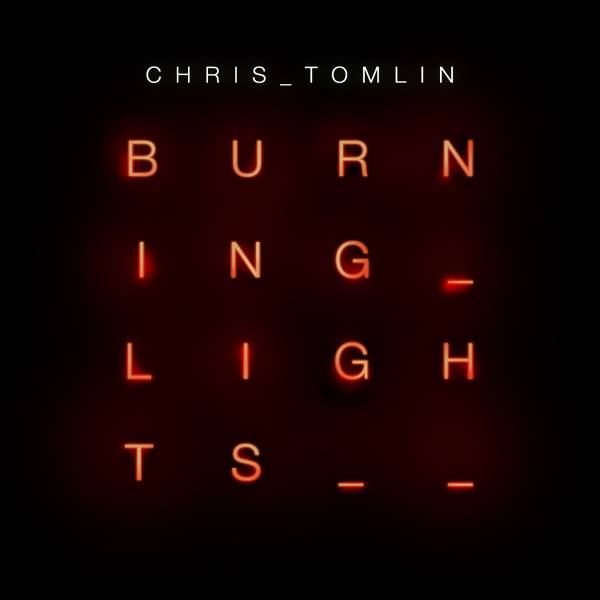 Countless Wonders Devotional
Countless Wonders DevotionalIt's difficult to believe in someone you can't see. It sounds unreasonable to believe in someone we can't see, touch or hear. Why would we talk to someone who does not appear to be sitting next to us, or anywhere near us? They say “faith is the assurance of things hoped for, the conviction of things not seen” (Heb. 11:1). We are to have faith, so why is it so hard? Could it be we are looking for God in the wrong place? The mysteries of Heaven, and all Your works displayed.Every star, every ocean, the universe proclaims.For every sun that rises, your faithfulness to me.Like the changing of the season, like the river to the sea. As humans, we want God to be contained in a single entity like our own bodies. We want to be able to see what he looks like, what color his eyes are, the texture of his hair. But our understanding of God is confined to our understanding of the objects on earth. We must remember, God is much bigger than this earth and he has left us his image in a much bigger way: his creation. Paul says “[H]is invisible attributes, namely, his eternal power and divine nature, have been clearly perceived, ever since the creation of the world, in the things that have been made” (Rom. 1:20). So what if instead of wishing we could see God in a particular form, we started to see him in our immediate surroundings? The way we view the earth would radically change. Consider your commute to work with God all around you. He is in the trees you pass by, in the sky you can see through your sunroof, in the sun that you shield your eyes from. The person in the car next to you is His creation as well as the rain or the snow that's making the roads busy. And when you get to work, you step out of the car into the cold, or warm, air that God created to fill your lungs. You see, when we put God into the details of our lives, life fills with beauty. It does take a direction shift. We will not see God in nature and our surroundings if our focus is on ourselves and our circumstances. It requires a looking out and a looking up, but once we do, we don't want to look back. Your beauty fills the sky. Your glory reigns in brilliant light.Great God of countless wonders, I will lift my eyes. Based on the song Countless Wonders by Chris Tomlin. Original post available on YouVersion based on the album Burning Lights.
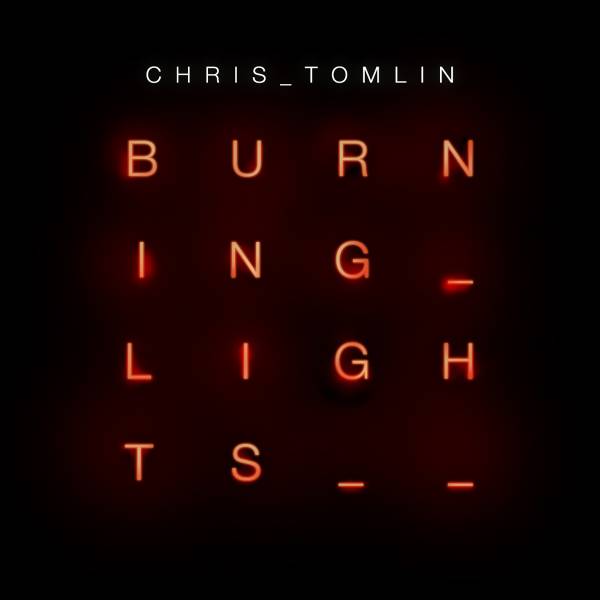 Awake My Soul Devotional
Awake My Soul DevotionalWhen God created Adam, he breathed into Adam's body, and the man came to life (Gen. 2:7). What an intimate picture: God's actual breath filling a man's lungs. The breath of life. We see elsewhere in scripture God's desire to fill us with his breath, even if we are technically already alive.One of the most notable places we see this is in Ezekiel. Ezekiel was a prophet handed the unfortunate task of telling the Israelites that, unlike what false prophets were promising, the Israelites would not be delivered from captivity for a long time. At the time, he and about 10,000 other Israelites were captive to Babylonia.But as the Lord gave Ezekiel this depressing message to share, He also gave him a promise. God gave Ezekiel a picture of a valley of dry bones--basically, a large pile of dead and fully decayed bodies. And He told Ezekiel: “Prophesy to these bones and say to them, O dry bones, hear the Word of the Lord. Thus says the Lord GOD to these bones: Behold, I will cause breath to enter you, and you shall live” (Ez. 37:4-5).Breathe on me, breath of God, breathe on me.I come alive, I'm alive when You breathe on me.We have all experienced, are experiencing or will experience a time of captivity. You have suffered loss, you're confused, depressed, captive to an addiction. Whatever it may be, when you are in the valley of dry bones, your thought is primarily what the Israelites' was: “Our bones are dried up, and our hope is lost; we are indeed cut off” (Ez. 37:11).The valley is a dark and hopeless place- which is why the Lord showed it to Ezekiel. He showed him the most hopeless and dead image and assured him He could breathe life back into it. Our God breathes life back into us and raises people from the dead. It's his specialty.And it is not a one-time thing. God continues to breathe into us as we need it, which is why we see that pattern so clearly in scripture.Know, then, that the promise of Ezekiel is the promise still: “you shall live, and I will place you in your own land. Then you shall know that I am the Lord; I have spoken, and I will do it” (Ez. 37:14). Based on the song Awake My Soul by Chris Tomlin. Original post available on YouVersion based on the album Burning Lights.
